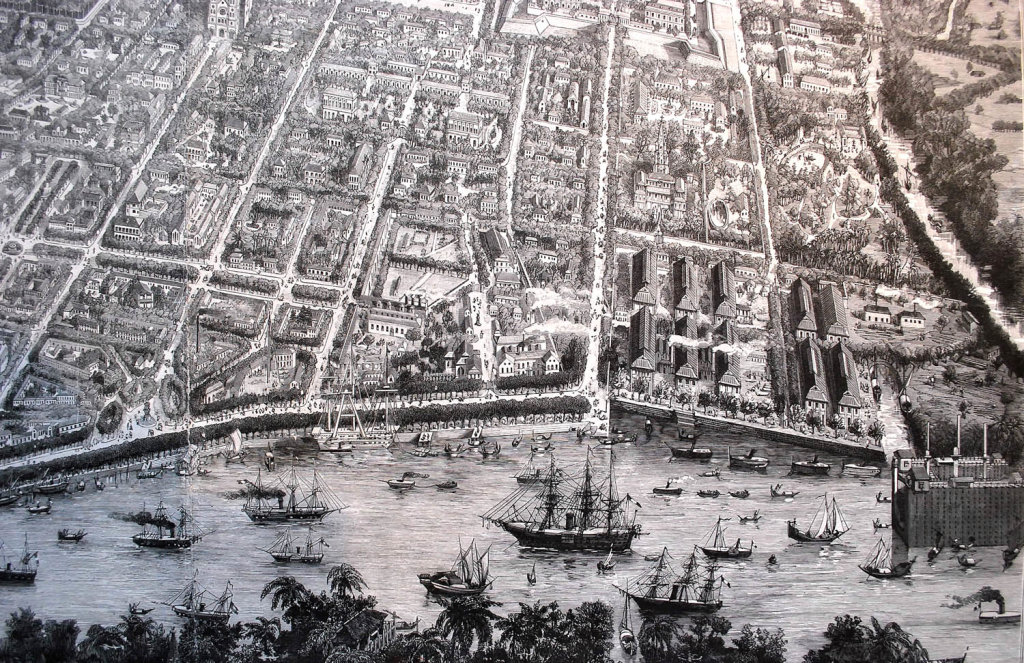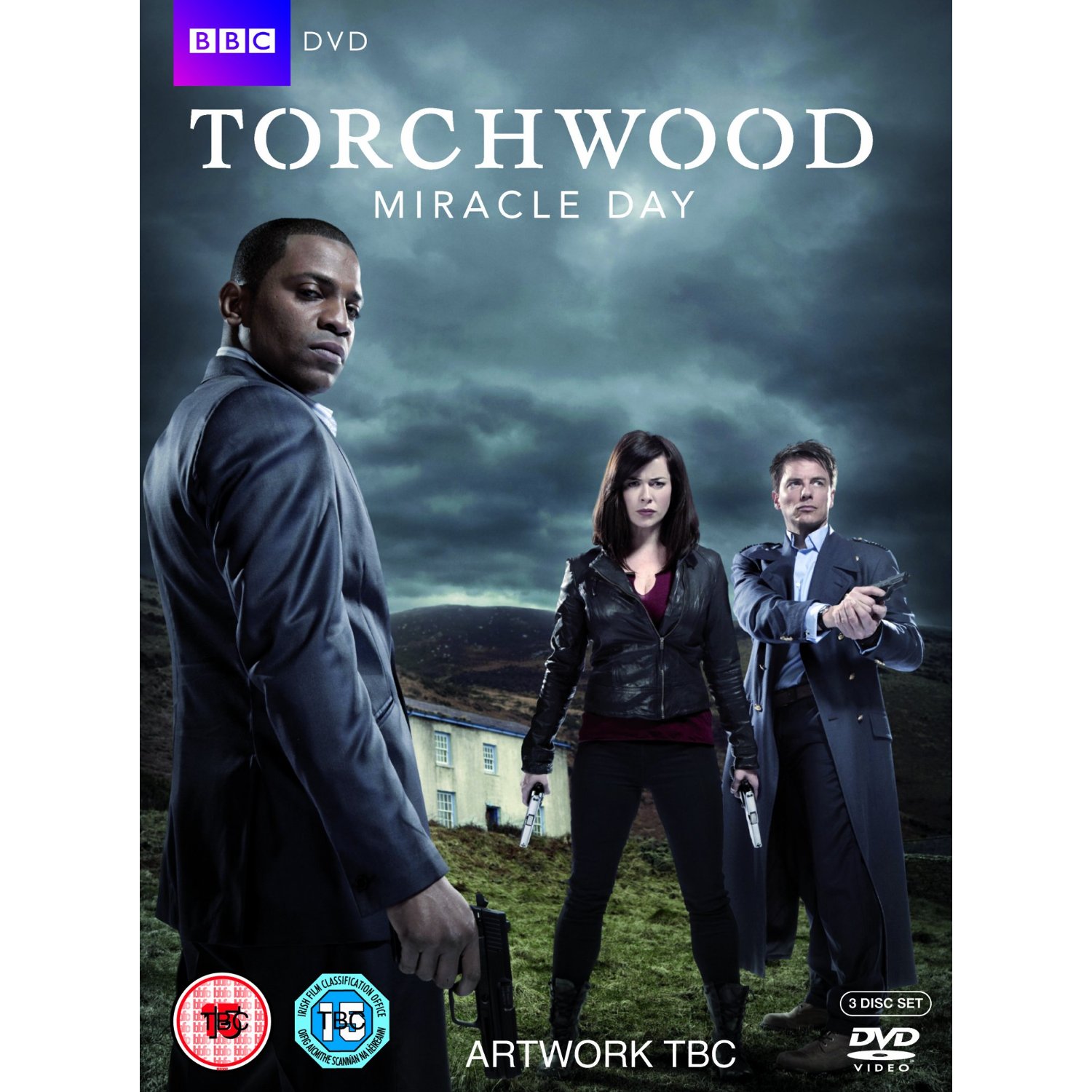Two brief things, including Lovecraft/WFA
I’m struggling a bit with posting at the moment (aka “will this darn book fall into place plz %%%%”), hence the radio silence…
In the meantime, a few brief things:
-I rant a bit on translations, non-Western non-Anglophone works here (thanks to Charles Tan for collecting the tweets).
-And a few brief thoughts on the Lovecraft/WFA trophy thing (expanded from here). I fully recognise the significance of Lovecraft to the genre, the vividness and enduring success of the mythos he has created. I have no issue whatsoever with people reading and enjoying him. I have strong issues with people saying “oh, but he wasn’t really racist, he was a man of his time”. I also take issue with people who think he should be read and enjoyed and you’re not making a proper effort if you don’t.
See… The only book of his I tried to read was The Shadow over Innsmouth. I was a kid at the time, not very well-versed in messages, and a lot of problematic stuff in fiction sailed right by me. But the entire novel is so clearly based on a deep, abiding horror of mixed-race people as eldritch abominations that I threw the book across the room–and trust me, that isn’t a thing that happened very often.
And the thing is… with Lovecraft, it’s not only the racism. I read and enjoy plenty of books where the author had some problematic attitudes. The reason I can’t read Lovecraft–it’s because his fear of the Other, his disgust at “unholy blood mixing” and non-white people–all of this is what fuels his work. The sense of existential dread, the terror that drives one mad–to me, it’s so very clearly and so deeply rooted in his racism that it makes trying to enjoy him, insofar as I’m concerned… well, a bit like fighting through treacle (and being regularly struck across the face as I do so), and I have a lot of other things to do with my time.
Regarding the WFA bust in particular: it’s not that I think Lovecraft should be forever cast beyond the pale of acceptable. I mean, come on, genre has had plenty of people who were, er, not shining examples of mankind, and I personally feel like the binary of “this person was a genius and can do no wrong/this person is a racist and can therefore do nothing of worth” doesn’t really make for constructive discussion. (but see above for the “we should give everything a fair chance” fallacy. I’m personally not particularly inclined to give reading time or space to a man who thought I was an abomination, and I will side-eye you quite a bit if you insist I should). It’s more that… these are the World Fantasy Awards. They’re not the H.P. Lovecraft Awards, so there’s no particular reason for him to be associated with them: doing so just creates extra awkwardness. And finally, for me, Lovecraft is primarily associated with horror: the fantasy genre has moved on from that definition and is now much broader than that, and quite beyond the issue of racism/etc. it’s always felt a bit weird to me that a horror writer should be the face of the award. Changing the trophy recognises that.
I don’t know what they’re going to do with the bust. I’d be very much in favour of something abstract like unicorns or dragons or whatnot, because the trouble with exemplary figures is that they seldom stand the test of time, and I don’t want us to have the same kind of conversations we’re having now in twenty years’ time about the new “face” of the World Fantasy Awards. Or maybe a rotating design of best fantasists, or something. The French Imaginales Awards used to have a Plastic Puss-in-Boots trophy, which is kind of kitsch and cool (don’t know if it’s still the case because I haven’t gone in a number of years). Just saying 🙂
(comments closed, sorry, because I just have no time and very little in the way of energy).


